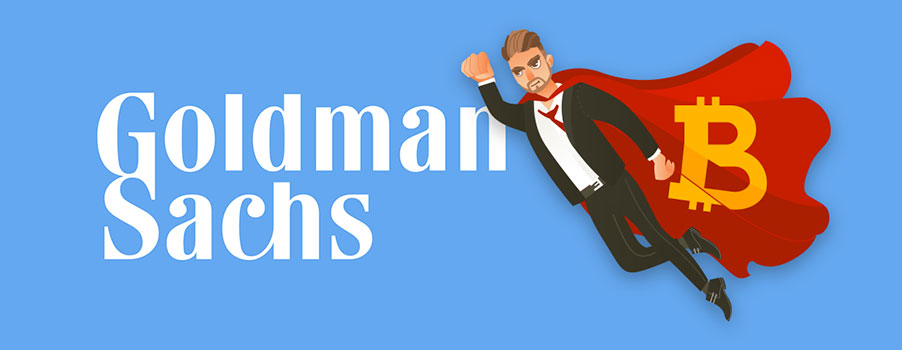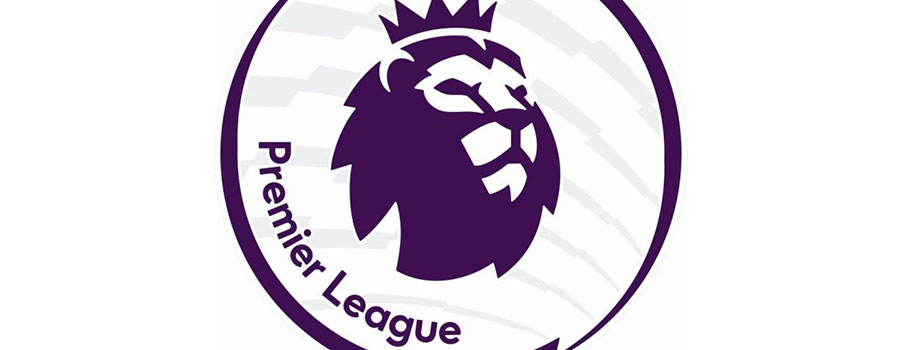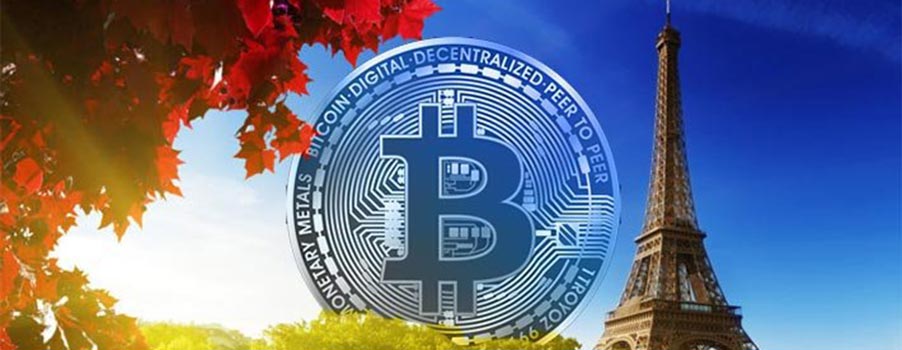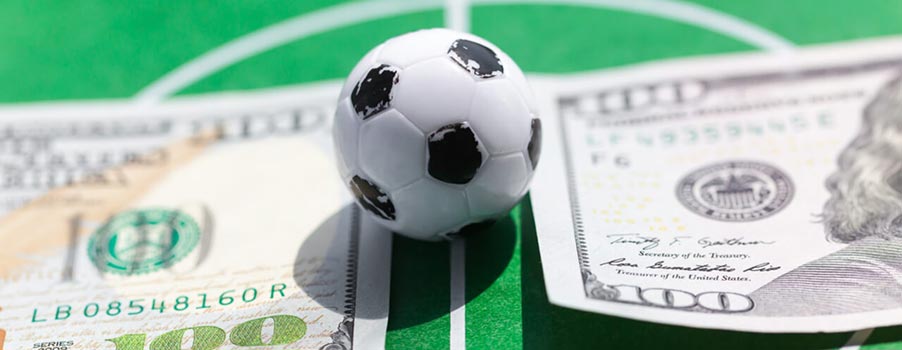Bitcoin and other decentralized digital currencies seem to be back on track on the road towards to mainstream adoption thanks to recent developments such as the plans by Reddit to reinstate bitcoin as a payment option – more cryptocurrencies will be accompanying bitcoin when it returns as a mode of payment on Reddit. But that is not all. Now, Wall Street giant Goldman Sachs is taking the next leap into the crypto space according to a May 2 report from the New York Times.
The investment bank will soon begin trading bitcoin futures for its clients while at the same time offering its so-called non-deliverable forwards which is a derivative product that the bank will be bringing to cryptocurrency users. The non-deliverable forward will involve trading of bitcoin without physical exchange of the underlying asset. Instead, it will involve the exchange of the currency it is quoted on the settlement date for the forward.
Since most of the leading financial institutions have tried as much as possible to distance themselves from bitcoin and most, if not all, other cryptocurrencies, the move by Goldman Sachs is very likely to lend some legitimacy to digital currencies. Still, it will certainly spawn a number of new concerns for the investment bank as it is about to begin using its own money to trade with clients in a range of contracts all linked to bitcoin’s price. Thanks to this, the bank is still quite guarded.
While there has been both internal and external skepticism, there is nearly an equal measure of support for the bank’s initiative. Mathew Newton, an analyst at eToro, a cryptocurrency retailer believes that considering the way things have been in the crypto world in the past 18 months, the move by financial institutions to join in should not come as a surprise. According to the analyst, any forward-looking financial institution must endeavor to not only understand the technology behind cryptocurrencies but also acknowledge its huge potential.
“Despite some initial posturing, the reality is most big banks have already invested significant amounts in research and development into blockchain technology, and cryptocurrencies themselves. It will still take time for institutional investors to fully come around – and the fact that Goldman won’t be buying or selling actual coins suggest some skepticism remains – but there’s a growing acceptance that these assets are here to stay,” Newton said.
Goldman Sachs is likely to begin directly trading cryptocurrency once there is more regulatory certainty surrounding bitcoin and other decentralized digital currencies.










